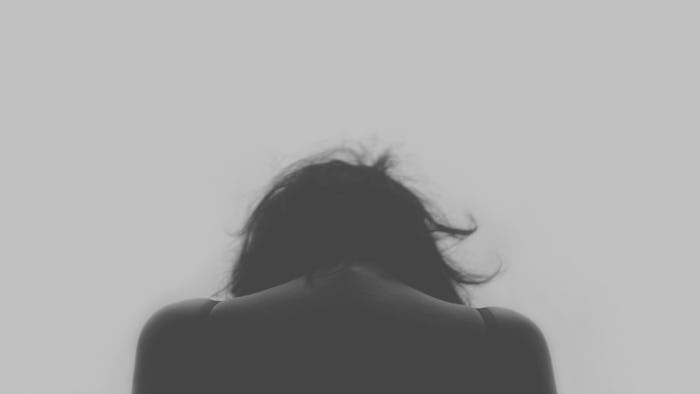Life
Ontario, Canada Rules Miscarriage A "Disability," & It Could Change How We Talk About Loss
The Human Rights Tribunal of Ontario (HRTO) announced this week that in March of 2016 an interim decision stated that miscarriage is a disability in some cases, and should be treated by employers as such. The ruling came from a case of a woman, Winnie Mou, who was fired from her job for not meeting performance requirements. She fought her dismissal, claiming that she wasn't given enough time off due to various physical and psychological ailments stemming from not just her miscarriage in June of 2013, but also because of a slip and fall that preceded the miscarriage, and the loss of her mother-in-law shortly after. Because she was only given a two days after her miscarriage to recover, HRTO vice-president Jennifer Scott stipulated, the rapid succession of events led to a "severe and disabling depression,” according to the HRTO's decision.
Scott wrote in her interim decision that that Mou should have received more time off after her fall in January 2013. She also believed that, in this case, the miscarriage should have constituted disability status under the province's code, because it is "not a common ailment, and it is certainly not transitory." Scott added that it was also "from the applicant’s testimony that she continues to experience significant emotional distress from the miscarriage even today." Many advocates, at least on social media, seem torn about the disability label, though.
The case has not been decided yet, but the interim decision means that Mao's case will be heard by the tribunal. Her employers have fought her claim, saying that she had a "bad year," but that that a bad year isn't necessarily a disability. The HRTO's interim decision means that there is now a precedent for other women who feel discriminated against, or are fired, for taking time to grieve after a miscarriage. According to the American Psychological Association, 15 percent of women who experience a miscarriage can suffer from clinical depression and anxiety for up to three years after the miscarriage. Lynn Davis of the Pregnancy and Infant Loss Network told Vice News that, "the depression and anxiety endured by women and men after a miscarriage can continue for years," much like PTSD or postpartum depression.
The decision is a victory for advocacy groups that would like to open the discussion about miscarriages and how families suffer after enduring one. On some level, the label could help fight the stigma some women feel about speaking out about their grief and battling feelings of responsibility. It can also open up another proverbial can of worms in that the disability, when it comes to employment, would most likely have to include the partners of the woman filing for it. It would possibly also have to expand to other types on grief.
Although the disability claim in Mou's case might help her recoup losses from her employer now, advocating for more paid time off as a standard after a miscarriage, much like extending family leave, might be more useful overall when it comes to giving families the time they need to recover.
